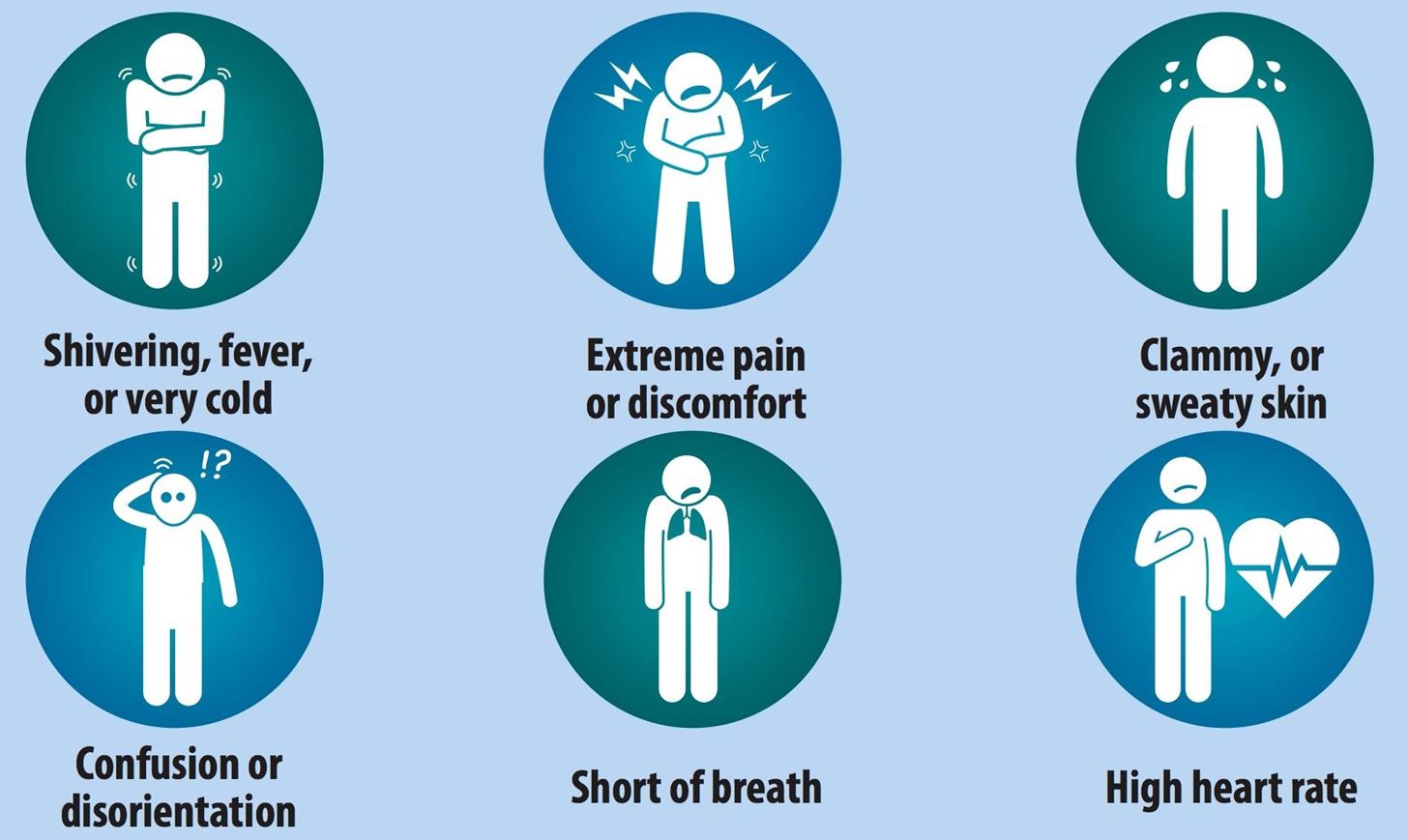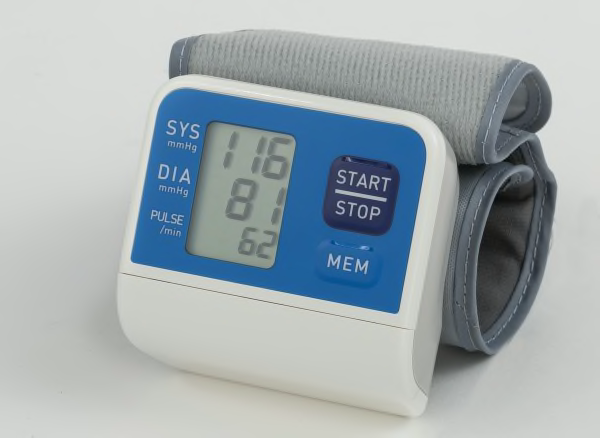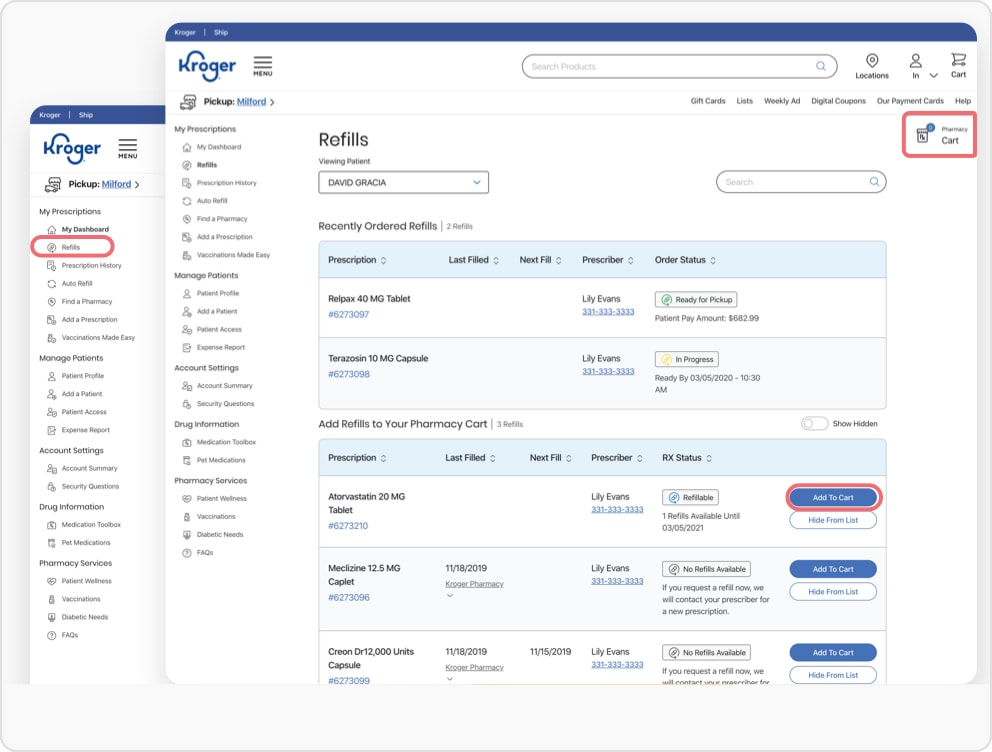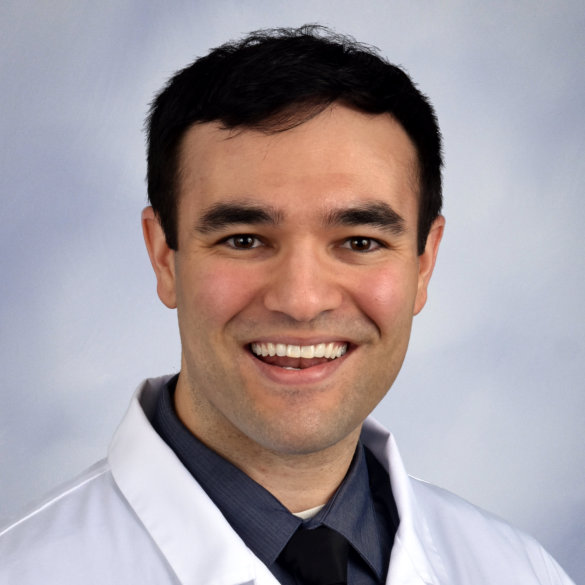After Effects of Sepsis. The purpose of rehabilitation is to restore you back to your previous level of health or as close to it as possible.
 Sue S Fight Against Septic Shock Quadruple Amputation
Sue S Fight Against Septic Shock Quadruple Amputation
Get some supplements for infection and gut health.

Can you recover from sepsis. You may need to stay in hospital for several weeks. For example pneumonia complicated by kidney failure. If antibiotics are all that is required recovery time can be pretty quick but if surgery is necessary or even an organ transplant then you can expect a much longer recovery.
Its important to seek immediate medical attention if you have any of the below. These long-term effects are sometimes called post-sepsis syndrome and can include. Some conditions such as diabetes or cancer increase the likelihood that an individual may develop another serious infection or case of sepsis.
On average the recovery period from this condition takes about three to ten days depending on. You might continue to have physical and emotional symptoms. These can last for months or even years after you had sepsis.
The purpose of rehabilitation is to restore you back to your previous level of health or as close to it as possible. Worldwide an estimated 194 million people are treated for sepsis and 141 million survive to hospital discharge. You will begin by slowly building up strength.
The long-term prognosis is equally poor. Sepsis may be difficult to recover from for individuals who have additional health conditions. Most people who have sepsis detected at this stage make a full recovery.
Almost all people with severe sepsis and septic shock require admission to hospital. Yes it can take up to a year not just because of the sepsis but also from all the medications. In mild sepsis complete recovery is possible at a quicker rate.
Recovery from Pneumonia Sepsis If medication is required to treat pneumonia viral or fungal symptoms should start to improve in several days. Sepsis can happen while youre still in the hospital recovering from a procedure but this isnt always the case. After you have had sepsis rehabilitation usually starts in the hospital.
1 Nearly half of patients recovered. Bathing sitting up standing walking taking yourself to the restroom etc. Some will survive the condition but need longer to recover and may remain in hospital for some time.
The sepsis recovery time will vary depending on the treatment needed to battle the sepsis. However 16 experienced a physical mental or cognitive impairment. Most people make a full recovery from sepsis.
Its important you make sure you beat the infection so you can recover from sepsis. Severe sepsis is a syndrome marked by a severe infection that results in the failure of at least one major organ system. In particular abdominal sepsis exhibits the highest mortality rate with 72.
You will be helped with bathing sitting up standing walking and taking yourself to the restroom. During this time they may experience various conditions including breathlessness lethargy insomnia joint pain and on-going infections. Kidney function plays a critical role in the fate of patients being treated for sepsis a potentially life-threatening complication of an infection researchers have discovered.
Viral pneumonia recovery will vary with each. But it can take time. If sepsis is detected early and hasnt affected vital organs yet it may be possible to treat the infection at home with antibiotics.
They may feel overwhelmed with the number of medications and treatments needed. After you have had sepsis rehabilitation usually starts in the hospital by slowly helping you to move around and look after yourself. 1 In the United States 13 million people left hospitals after sepsis treatment.
Often people can recover from early to mild sepsis but there is a 50 mortality rate for those that develop late severe sepsis. The infection is cured but all is not well. It is important to note that many people make a speedy and full recovery from sepsis.
Survival from severe sepsis. The mortality rate of SIRS ranges from 6 to 7 and in septic shock amounts to over 50. Only approximately 30 survived the first year after hospital admission.








